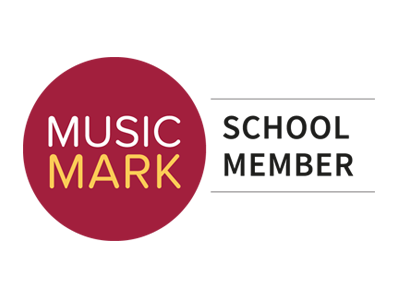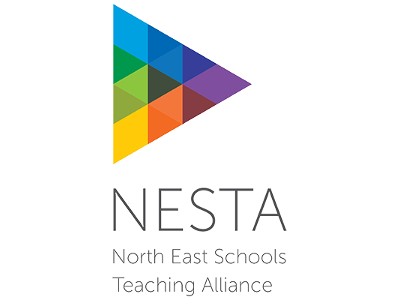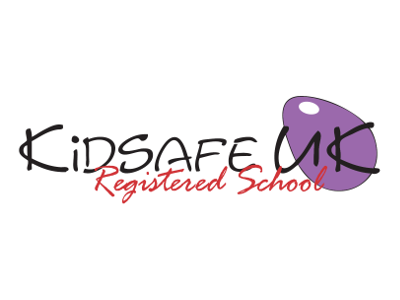History – Year 4
Download
Download our Year 4 History curriculum here.
Chronological Understanding
|
Knowledge and Interpretation
|
Historical Enquiry
|
- Can they plot recent history on a timeline using centuries?
- Can they place periods of history on a timeline showing periods of time?
- Can they use their mathematical skills to round up time differences into centuries and decades?
|
- Can they explain how events from the past have helped shape our lives?
- Do they appreciate that wars have happened from a very long time ago and are often associated with invasion, conquering or religious differences?
- Do they know that people who lived in the past cooked and travelled differently and used different weapons from ours?
- Do they recognise that the lives of wealthy people were very different from those of poor people?
- Do they appreciate how items found belonging to the past are helping us to build up an accurate picture of how people lived in the past?
|
- Can they research two versions of an event and say how they differ?
- Can they research what it was like for a child in a given period from the past and use photographs and illustrations to present their findings?
- Can they give more than one reason to support an historical argument?
- Can they communicate knowledge and understanding orally and in writing and offer points of view based upon what they have found out?
|
Purpose of study
|
Pupils should continue to develop a chronologically secure knowledge and understanding of British, local and world history, establishing clear narratives within and across the periods they study. They should note connections, contrasts and trends over time and develop the appropriate use of historical terms. They should regularly address and sometimes devise historically valid questions about change, cause, similarity and difference, and significance. They should construct informed responses that involve thoughtful selection and organisation of relevant historical information. They should understand how our knowledge of the past is constructed from a range of sources and that different versions of past events may exist, giving some reasons for this.
In planning to ensure the progression described above through teaching the British, local and world history outlined below, teachers should combine overview and depth studies to help pupils understand both the long arc of development and the complexity of specific aspects of the content. |
Aims
|
- Britain’s settlement by Anglo-Saxons and Scots This could include:
Roman withdrawal from Britain in c. AD 410 and the fall of the western Roman Empire
Scots invasions from Ireland to north Britain (now Scotland)
Anglo-Saxon invasions, settlements and kingdoms: place names and village life
Anglo-Saxon art and culture Christian conversion – Canterbury, Iona and Lindisfarne
- The achievements of the earliest civilizations –
an overview of where and when the first civilizations appeared and a depth study of one of the following: Ancient Sumer; The Indus Valley; Ancient Egypt; The Shang Dynasty of Ancient China
|
Possible topic:
Anglo -Saxons and Scots |
Possible topics:
Ancient Egypt |
Possible topics: |











